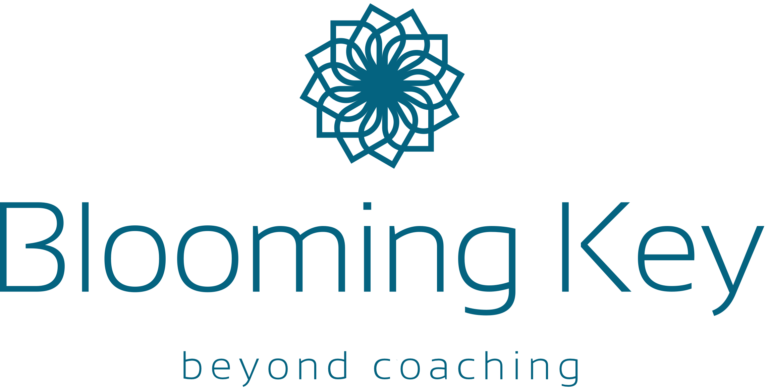The Hidden Dangers Of Stress & Anxiety
In today’s fast-paced world, stress and anxiety have become a common part of our daily lives, and the dangers of these conditions cannot be ignored.
Stress is a natural response to a life-threatening situation, but these days even small problems and issues at work can cause the fight or flight response to kick in. When this physiological response is triggered on a regular basis, it can significantly impact our mental and physical health, and sadly in some cases cause a heart attack. Being anxious and stressed out is becoming increasingly common these days, as we all seem to be running from one meeting to another, juggling multiple projects and dealing with last minute tasks. Comparing ourselves to others and trying to live above our means to portray an aspirational and lavish lifestyle that is often unachievable can seriously damage our mental health. In this article, we’re going to discuss the hidden dangers of stress and anxiety and how you can reduce your stress levels as much as possible to minimize your risk of developing more serious side effects.

How Stress Can Kill
Stress has been linked to a wide range of health problems and life-threatening conditions. The strain that stress can have on your body can contribute to serious health concerns such as heart disease, high blood pressure and diabetes. It can also be a gateway to other mental health issues such as depression and anxiety. From acne, insomnia and headaches, to asthma and even arthritis, being stressed out can be detrimental to both your physical and mental health.
As your body is flooded with adrenaline and noradrenaline from your nervous system, you’re going to endure a whole range of symptoms that can range from being mild and easy to cope with to severe mood swings and in some serious cases suicidal thoughts. In order to live a long and happy life, you need to be fully aware of yourself and your stress levels to value and prioritise relaxation. It is far better to be alive, healthy and happy than to be suffering from health problems due to work, family life or external pressure. Rather than try to control every aspect of your life and feel stressed, angry and anxious when things don’t go to plan, you need to understand the root cause of these emotions and the WHY behind your choices and way to respond. The more self awareness you gain the more easy it will be to achieve a balanced and stress reduced lifestyle.
So whether you’re panicking due to an upcoming deadline at work, or social anxiety gets the better of you on a daily basis, let’s take a look at some coping techniques for stress and anxiety. Social anxiety disorder, also called social phobia, is a common condition. People who suffer with this disorder live in constant fear of being judged and watched by others. This phobia affects their day to day performance and relationships.Treatment can help you overcome your symptoms.

How To Cope With Stress & Anxiety
Many people suffer from stress and this should never be considered a sign of being weak in any way shape or form. For some people, daily tasks can feel too much while struggling with stress and depression. For others, a life changing event can cause you to spiral out of control and fear social situations. To cope with symptoms of stress and anxiety, here are some techniques that you can do at home:
● Try to get outside every day
Spending time in a natural environment can benefit health and well-being. Did you know that spending at least 120 minutes a week in nature is already connected to good overall health? There is no better cure for a stressful day or an overwhelmed mind than fresh air and nature.
● Surround Yourself With Friends & Family
It can be all too easy to isolate yourself when you’re feeling down and this can actually make things worse. Feeling lonely can lead to depression so instead, surround yourself with loved ones and reach out to them if you need help. Family and close friends will have your best interest at heart, so don’t be shy to ask for support during a difficult time.
● Life Coach
If you’d prefer to turn to a professional who can provide absolute confidentiality, hire a life coach. Talk about how you feel and the reasons why you might be feeling this way and learn more about yourself with the help of life coaching. Sometimes all you need to do is talk and be heard, in order to explore your mind and identify what’s bringing you down, and a professional life coach can help you do this.
For more information about professional life coach services, feel free to visit our website bloomingkey.com






